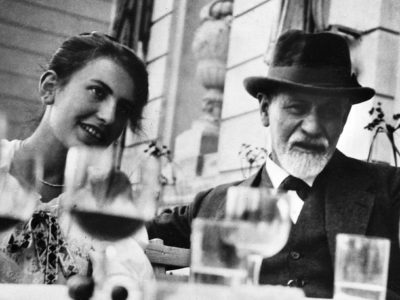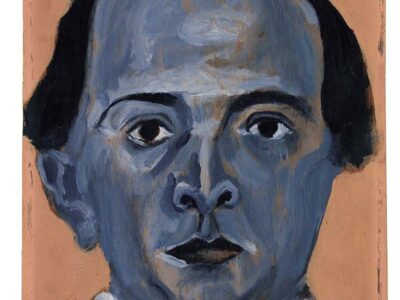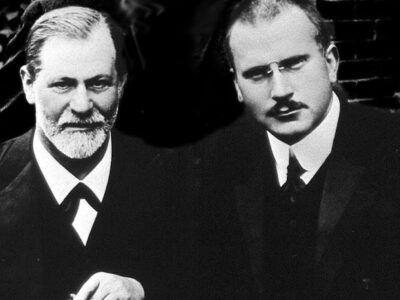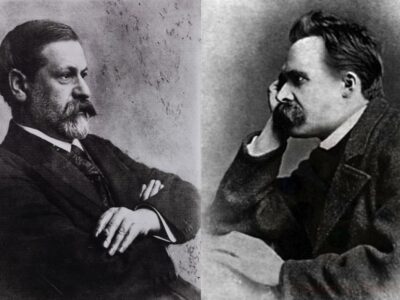
- This event has passed.
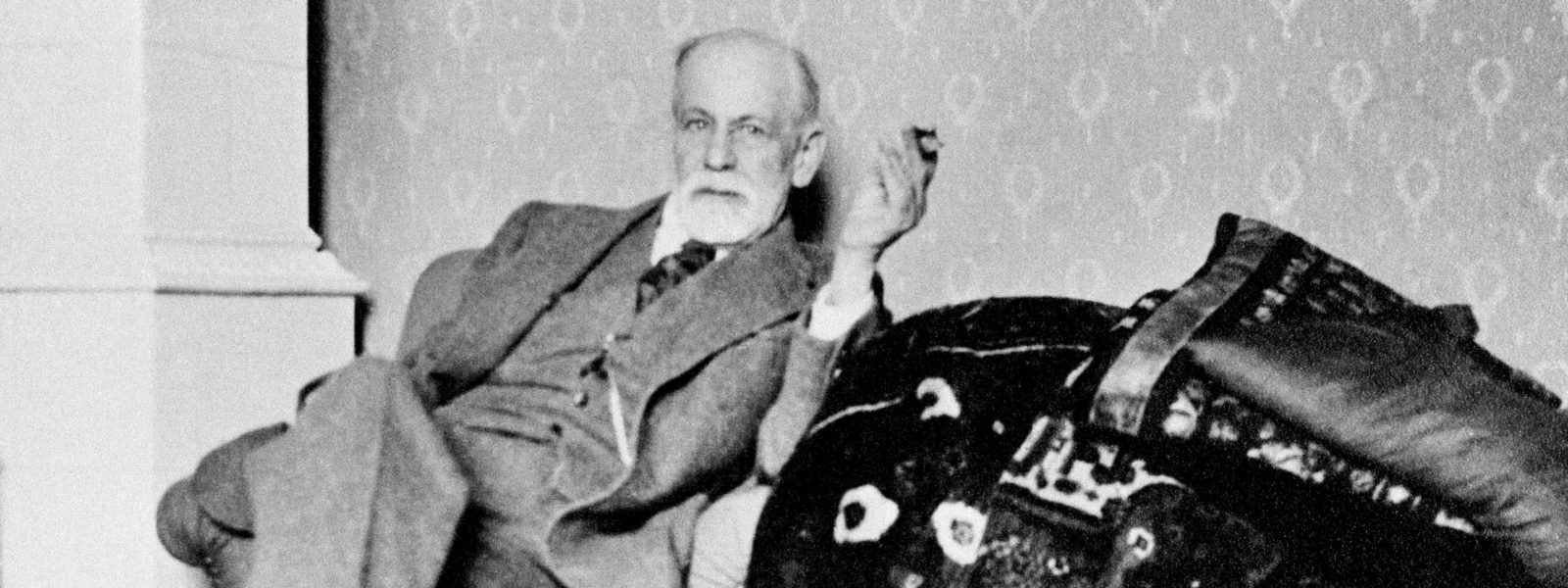
Tutor: Keith Barrett BA PhD
As Freud is so frequently referenced, it can easily be assumed that we already know everything about him, but the superficial manner in which his life and ideas are normally discussed conceals the fact that his writings and the thought behind them are poorly understood at the level of popular awareness, and that an accurate picture of Freud that does justice to the true nature of his achievements has never fully emerged. This situation has been exacerbated by the series of intense controversies that has raged around his ideas since they first became internationally known.
Nevertheless, since the mid 1970’s, distinguished scholars – including historians of science and cultural historians – have been producing ground breaking studies illuminating in detail the context in which Freud was working, and the sequence of steps by which he arrived at the central ideas and methods of psychoanalysis. Taking the results of all these studies together, we now have an accurate and nuanced picture of Freud as a scientific investigator and therapeutic innovator, and of the actual process through which psychoanalysis was created.
The aim of ‘Introducing Freud’ is to revisit Freud’s most important writings – bringing to bear on our critical examination of his texts the results of the last 40 years of Freud scholarship. We will also take into account the major critiques of Freud’s work advanced in the last 70 years – for example, the feminist critique of Freud and the positivist critique of the scientific status of psychoanalysis – as well as exploring the important changes in our view of Freud brought about by advances in psychoanalysis itself.
Each session of the course will focus on selected passages from Freud’s writings (all the readings are taken from ‘The Freud Reader’ edited by Peter Gay), with the aim of enabling students to familiarise (or re-familiarise) themselves directly with his ideas, while clarifying the import of his most important concepts and theories, as well as his approach to the practice of psychoanalysis. This will provide the basis on which to evaluate the most recent scholarship devoted to the re-assessment of his achievements – and the current state of play in the principal debates surrounding his legacy.
We will place Freud’s writings accurately in their historical context – while also bringing into focus the relevance of his work to debates that are taking place at the present time.
The course will be accessible to beginners – but is also designed for those already familiar with Freud’s work who wish to acquaint themselves with the results of the latest research and scholarship and up-date themselves on the intellectual issues and controversies surrounding it.
Week 1: Introduction: Freud’s view of the nature and status of psychoanalysis. The first forty years of Freud scholarship (p3 – 17 & p783 – 796)
Week 2: Hysteria (1): What is ‘Hysteria’? Physical symptoms with a psychological cause. A ‘female malady’? The case of ‘Anna O’: dissociation, hypnosis and the ‘cathartic method’. Freud and hypnosis. Freud’s early practice as a psychotherapist. (p60 – 78)
Week 3: Hysteria (2): Symptoms and ‘defence’: internal dynamic conflict. From hypnosis to ‘free association’. From the ‘Lucy R’ case to the ‘seduction theory’. Freud and childhood sexual abuse. The debate over Freud’s abandonment of the ‘seduction theory’ (p78 – 86 & p96 – 113)
Week 4: Dreams (1): Freud’s method for revealing the meaning of dreams, and how it was discovered. Examples of dream interpretation, including his own dream of ‘Irma’s Injection’. Freud’s theory of dreams. (p129–172). The role of dreams in psychotherapy. (p111-126)
Week 5: Dreams (2): Freud’s use of his own dreams in his ‘self-analysis’. His reconstruction of his own early childhood, and the relation of this to the ‘discovery of the Oedipus complex’. The limitations of self-analysis. The absence of the mother in Freud’s self-analysis.
Week 6: Sexuality (1): What Freud meant by ‘Infantile sexuality’. Freud’s ‘stages’ of psychosexual development. The Oedipus complex and its central role in neurosis and in the formation of the self. His later theory of the neuroses. Criticisms of the theory of the Oedipus complex. The Oedipus complex in later psychoanalysis. (p 239 – 293)
Week 7: Sexuality (2): Sexuality in adulthood. Perversion, heterosexuality and homosexuality and their relationship to experiences in childhood. Freud’s theories on ‘love’. The psychoanalytic view of the nature and functions of human sexuality. (p387 – 400 & p443 – 481)
Week 8: The Principles of Psychoanalytic Psychotherapy (1): The ‘Dora’ case and Freud’s understanding of the role of ‘transference’. Feminist critiques of ‘Dora’. Freud’s ‘Papers on Technique’. (p172 –239 & p356 – 387)
Week 9: The Principles of Psychoanalytic Psychotherapy (2): The ‘Rat Man’ case and Freud’s understanding of ‘Obsessional Neurosis’. Freud’s view of religion as a ‘collective obsessional neurosis’. Freud’s ‘Totem and Taboo’ and the break with Jung. (p309 –350 & p356 – 387)
Week 10: Narcissism and the Death instinct. (p545 – 562 & p601 – 617)
Week 11: Mourning and the structure of the psyche. (p584 – 589 & 626 – 645)
Week 12: Freud’s later views on the difference between the sexes. (p670 – 678)
RECOMMENDED READING
Whitebook, J. ‘Freud: an intellectual biography’ (Cambridge U. P. 2017)
Phillips, A. ‘Becoming Freud: the making of a psychoanalyst’(Yale U.P. 2014)
Thurschwell, P. ‘Sigmund Freud ( 2nd edition)’ (Routledge 2009)
Lear, J. ‘Freud (2nd edition)’ (Routledge 2015)
Frosh, S. ‘A brief introduction to psychoanalytic theory’
(Palgrave Macmillan 2012)
Makari, G. ‘Revolution in Mind: the creation of psychoanalysis’(Harper 2008)
Zaretsky, E. ‘Secrets of the soul: a social and cultural history of psychoanalysis’
(Knopf 2004).
Zaretsky, E. ‘Political Freud: a history’ (Columbia U.P. 2015)
Breger, L. ‘Freud: Darkness in the midst of vision’ (Wiley 2000)
Micale, M. ‘Hysterical men: the hidden history of male nervous illness’
(Harvard U. P. 2008)
Rabate, J-M. ‘Literature and Psychoanalysis’ (Cambridge U.P. 2014)
Appignanesi, L. . ‘Freud’s Women’ (Penguin 1997)
& Forrester, J
Grosz, S. ‘The Examined Life: How We Lose and Find Ourselves’.
(Vintage 2014)
Minsky, R. ‘Psychoanalysis and gender: an introductory reader’
(Routledge, 1996).
Bergman, M., ‘The anatomy of loving: The story of man’s quest to know what
love is’ (Columbia U. P. 1987).
Malan, D. ‘Individual psychotherapy and the science of psychodynamics’
(Butterworths 1995)
